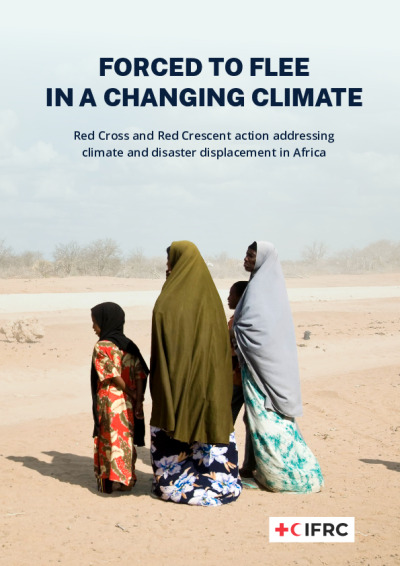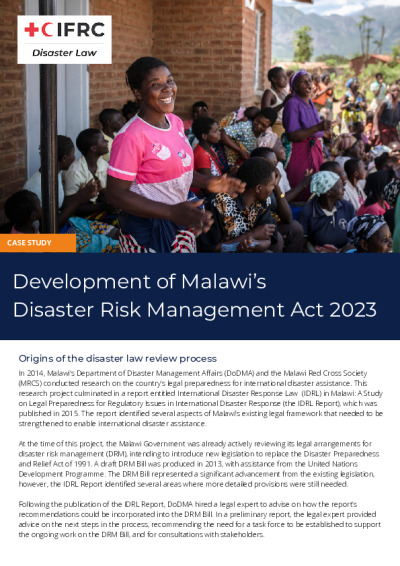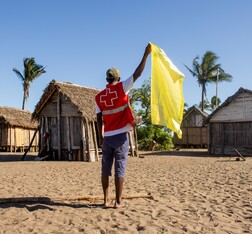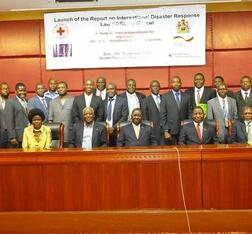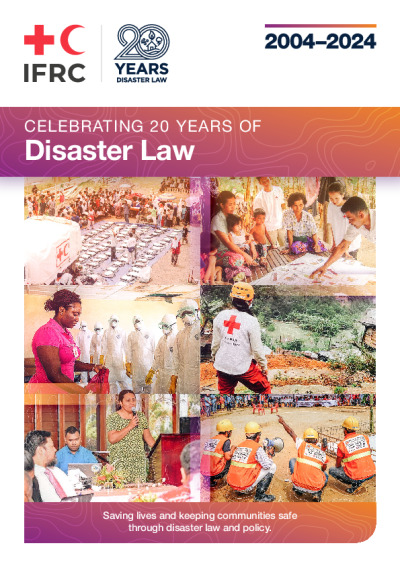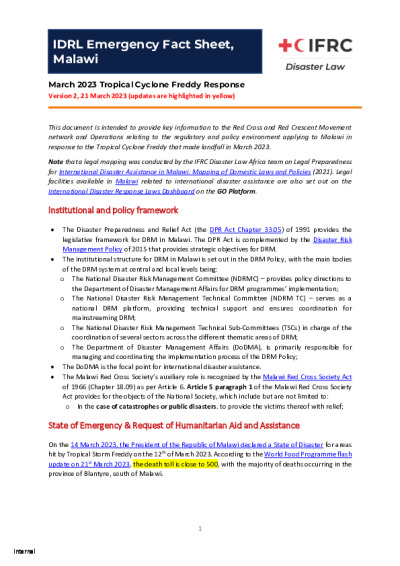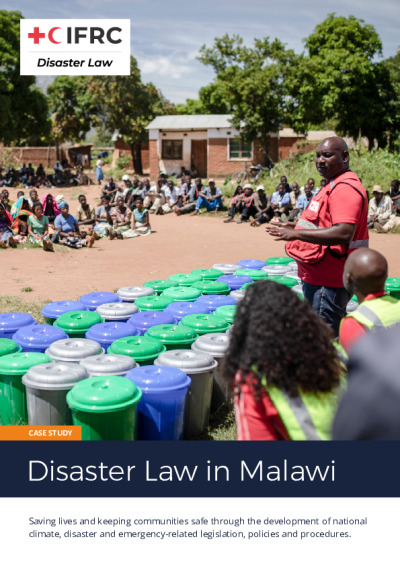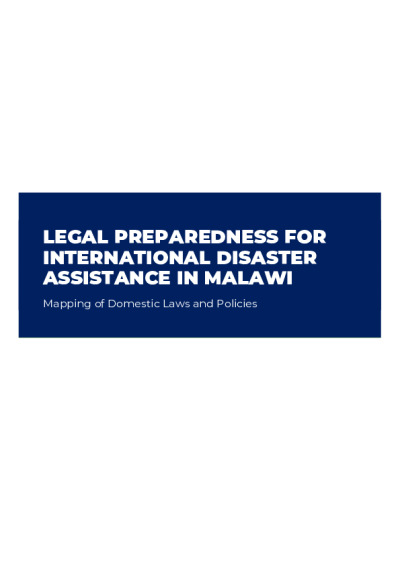In 2013, Malawi Red Cross Society advocated to the Government of Malawi to take up a law mapping process to analyse its national legal framework for responding to disasters requiring international assistance. Using the IDRL Guidelines as a benchmark, Malawi Red Cross Society led an IDRL project alongside the Department of Disaster Management Affairs, bringing together key government entities and humanitarian actors in the country to review the national legal framework for international disaster response focusing on the strengths, challenges and gaps. The final report, Legal Preparedness for Regulatory Issues in International Disaster Response, included key recommendations to have the Disaster Risk Management Bill (DRM Bill) clearly outline the role of Malawi Red Cross Society in disaster management as well as reflect the regulations that should guide the national authorities in requesting, vetting and accepting international humanitarian assistance for response and recovery efforts.
Malawi Red Cross Society, as part of the task force formed by the Office of the Vice President through the Department of Disaster Management Affairs, reviewed the IDRL report recommendations and revised the DRM Bill. The revised DRM Bill, finalised in November 2018, provides regulation on international assistance, including regulations guiding requests and use of international assistance as well as the obligations on international actors operating in-country. As an addendum to the DRM Bill, the Operations Guidelines were developed to introduce further provisions on international disaster assistance. The DRM Bill and Operational Guidelines were presented to and approved by Cabinet in March 2019.
Following drafting support in 2018, Malawi Red Cross Society organised a meeting with parliamentarians in August 2019 to orient them on disaster risk management in Malawi. As parliamentarians had recently been elected, the meeting provided an overview of disaster risk management, including the disaster risk management structure and existing key guiding instruments. It highlighted key components of the DRM Bill to equip the parliamentary committee members to champion the passing of the DRM Bill.
From 2020 to 2022, Malawi Red Cross Society continued to engage with the Department of Disaster Management Affairs on the next steps in the finalisation of the DRM Bill. Malawi Red Cross has also been engaging the Department of Climate Change and Meteorological Services to discuss its support, and the inclusion of communities, in the review of the existing climate change policy.
Engagement in Malawi continued in 2021 and 2022 under the Risk-informed Early Action Partnership (REAP), which brings together stakeholders across the climate, humanitarian and development communities with the aim of making one billion people safer from disaster by 2025. REAP Target 1 focuses on the necessity to better connect the complementary goals of disaster risk reduction and climate change adaptation, with its goal being for 50 countries to have reviewed and integrated their disaster risk management and climate adaptation laws, policies, national frameworks for climate services and/or plans to ensure that they reduce climate change impacts and exposure on people and the environment.
In light of Tropical Storm Freddy impacting Malawi in the beginning of the 2023, an IDRL emergency fact sheet has been developed to provide key information on the regulatory and policy environment that applies to tropical storm preparedness and response. Specifically targeted towards members of the Red Cross and Red Crescent Movement, this document can support decision-making processes to optimise international disaster assistance.

